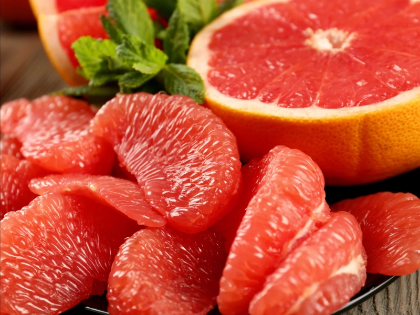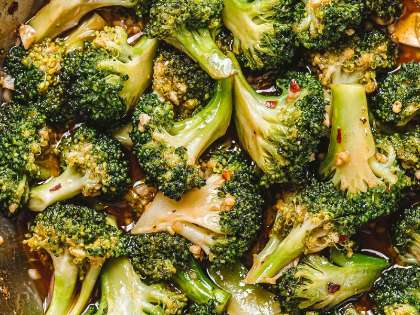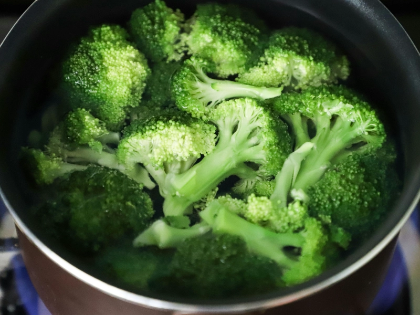Lean Beef: A Nutrient-Dense Protein Source for Balanced Diets
1. The Importance of Protein in a Balanced Diet
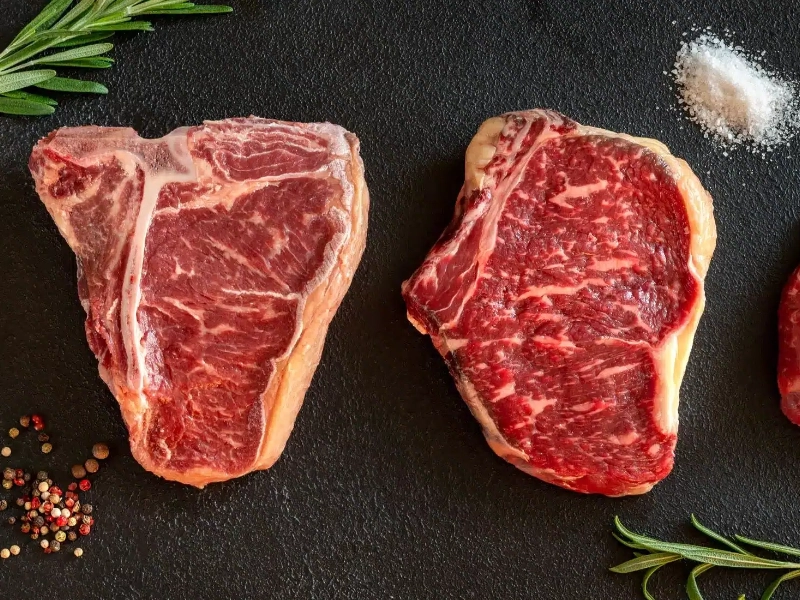
2. Nutritional Profile of Lean Beef
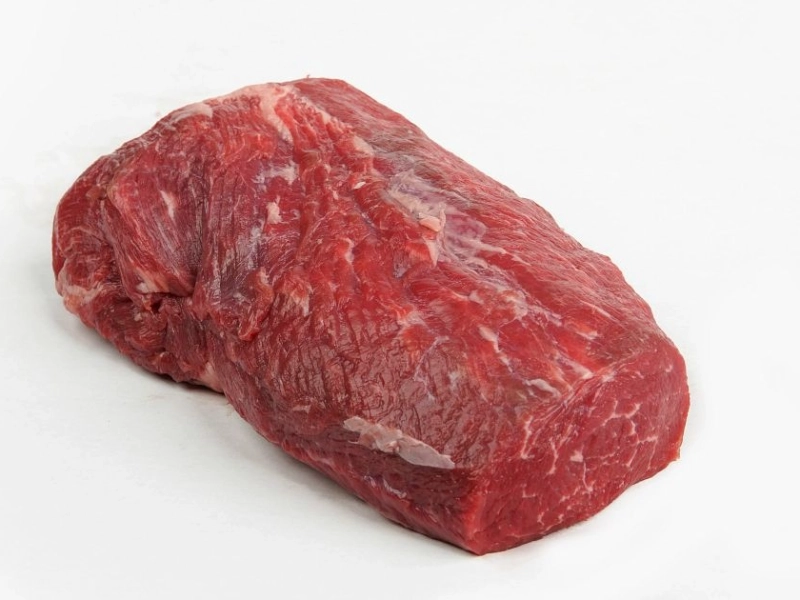 Lean beef is beef with fewer than 10 grammes of total fat per 100 grammes. For those trying to keep a good diet free of too much fat, this makes it a nutrient-dense choice. Lean beef is not only abundant in protein but also in vital minerals and vitamins such iron, zinc, and B vitamins like B12 and niacin. Red blood cell development, immune system operation, and energy generation depend on these nutrients. Lean beef is a great supplement to a balanced diet since protein and micronutrients combine to create a value.
Lean beef is beef with fewer than 10 grammes of total fat per 100 grammes. For those trying to keep a good diet free of too much fat, this makes it a nutrient-dense choice. Lean beef is not only abundant in protein but also in vital minerals and vitamins such iron, zinc, and B vitamins like B12 and niacin. Red blood cell development, immune system operation, and energy generation depend on these nutrients. Lean beef is a great supplement to a balanced diet since protein and micronutrients combine to create a value.
3. Benefits of Lean Beef for Muscle Health
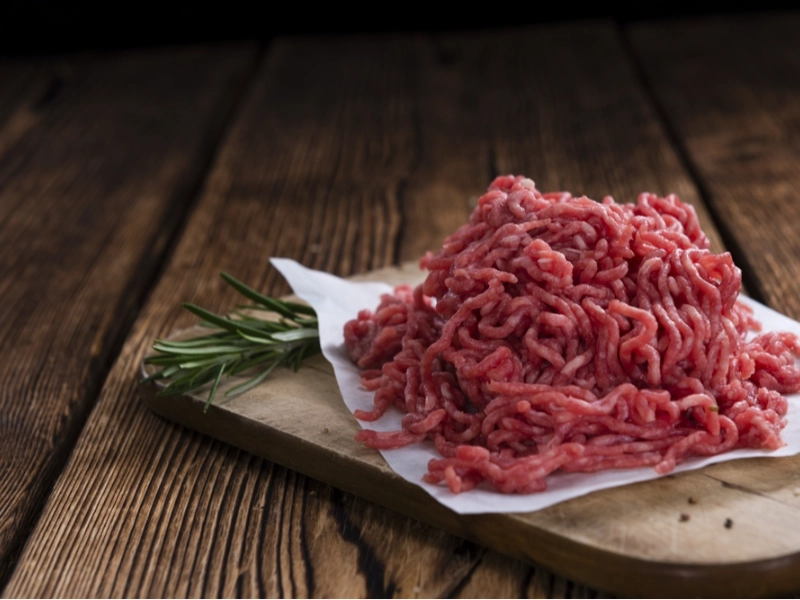 Lean beef is a great protein source for anyone trying to increase or preserve muscle mass. Lean beef's high quality protein helps muscles grow and heal, which makes it very helpful for active people and athletes. Getting enough protein after a workout will help muscles synthesis and speed recovery. Furthermore helping muscle performance and strength is beef's content of creatine. Lean beef can help maximise muscular condition and recovery when included into a post-workout dinner.
Lean beef is a great protein source for anyone trying to increase or preserve muscle mass. Lean beef's high quality protein helps muscles grow and heal, which makes it very helpful for active people and athletes. Getting enough protein after a workout will help muscles synthesis and speed recovery. Furthermore helping muscle performance and strength is beef's content of creatine. Lean beef can help maximise muscular condition and recovery when included into a post-workout dinner.
4. Lean Beef and Weight Management
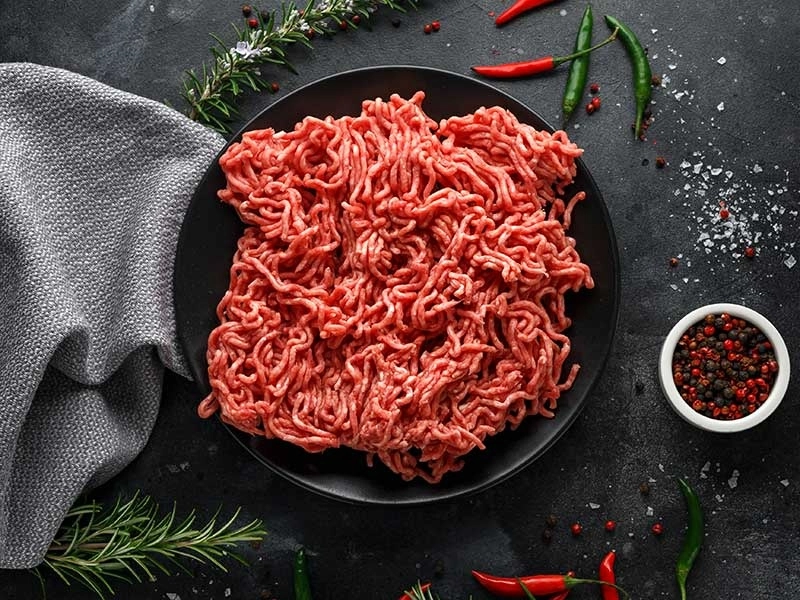 Additionally helping with weight control is lean meat. Lean beef's high protein count allows it to be included in a calorie-restricted diet without adding too much fat. Protein is well known to increase satiety, hence enabling people to feel satisfied for longer stretches of time and help to lower total calorie intake. For those trying to properly control their weight, lean beef is a wise choice since it helps satisfy hunger and stop overindulgence.
Additionally helping with weight control is lean meat. Lean beef's high protein count allows it to be included in a calorie-restricted diet without adding too much fat. Protein is well known to increase satiety, hence enabling people to feel satisfied for longer stretches of time and help to lower total calorie intake. For those trying to properly control their weight, lean beef is a wise choice since it helps satisfy hunger and stop overindulgence.
5. The Role of Iron in Lean Beef
Lean beef's high iron content—especially heme iron, which the body absorbs more readily than non-heme iron found in plant sources—is one of its best qualities. Haemoglobin, which delivers oxygen in blood, is produced from iron. Maintaining energy level and avoiding anaemia depend on enough iron intake. Including lean beef in the diet can be a great approach to raise iron levels and improve general health for people at danger of iron deficiency, including vegans or those with higher iron needs.
6. Lean Beef and Heart Health
Although red meat has occasionally been linked to heart health issues, lean beef can be included into a heart-healthy diet in moderation. Select lean cuts and cook them using sensible techniques like baking or grilling to help cut back on bad fat consumption. Lean beef also boasts good nutrients including conjugated linoleic acid (CLA) and omega-3 fatty acids (found in grass-fed versions), all of which have been connected to better heart function. Combining lean beef with lots of fruits, vegetables, and complete grains helps maintain cardiovascular health generally.
7. Versatility in Meal Planning
Easy to include in meal planning, lean beef is quite flexible and may be used in a variety of cuisines. From stews and tacos to stir-fries and salads, lean beef may improve the taste and nutritional balance of many dishes. Its flexibility lets people enjoy it in several cuisines and culinary techniques, thereby guaranteeing that it will fit perfectly any dietary inclination. Lean beef should be the main component of great and healthy meals you produce by experimenting with various cuts and cooking techniques.
8. Summary of Lean Beef as a Nutrient-Dense Protein Source
All things considered, lean beef is a nutrient-dense protein source with many health advantages that makes it a great choice for diets in balance. Packed with minerals, vitamins, and high-quality protein, lean beef helps general well-being, weight control, and muscular health. Its great iron content is absolutely essential for sustaining energy levels and avoiding anaemia. Lean beef can be included into a diverse and balanced diet to fulfil nutritional needs and enjoy its several advantages. Adopting lean beef as part of a good lifestyle might result in better health results and quality of life.

